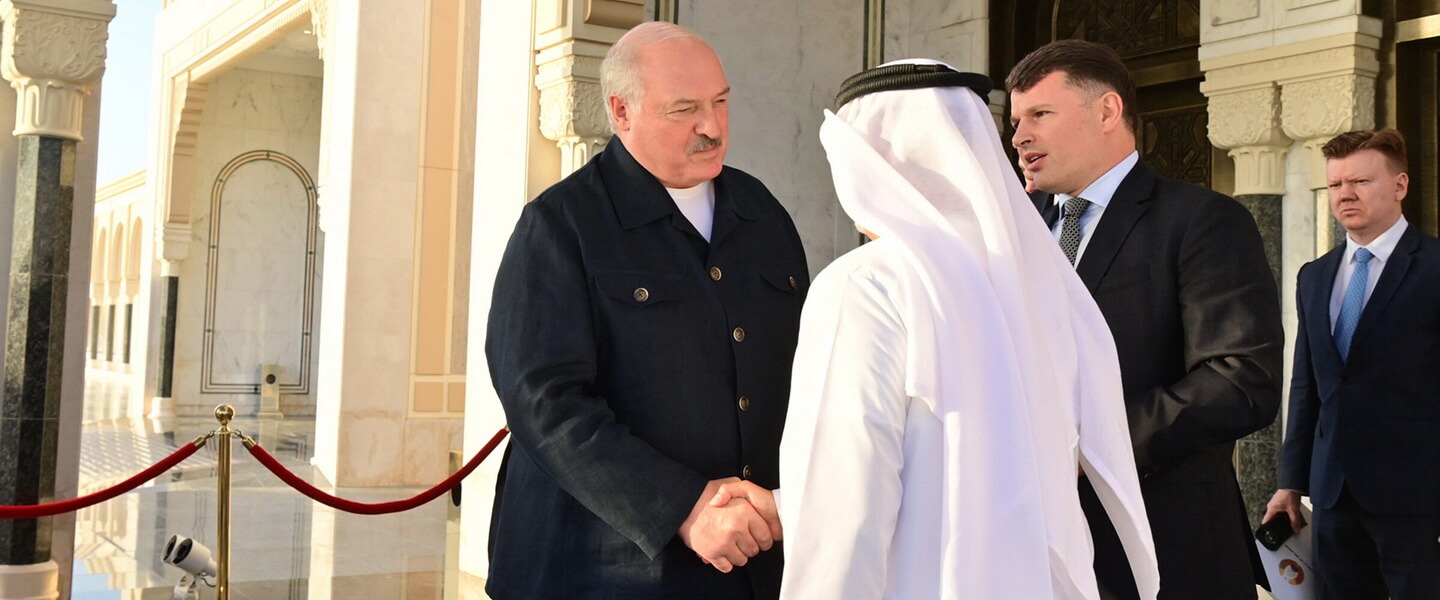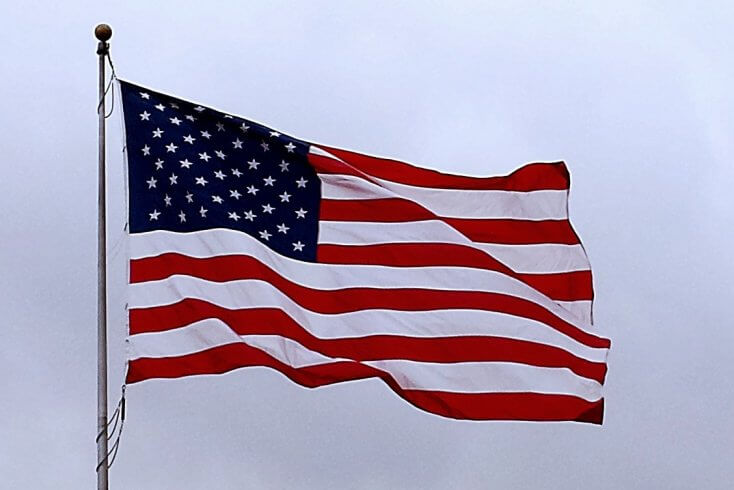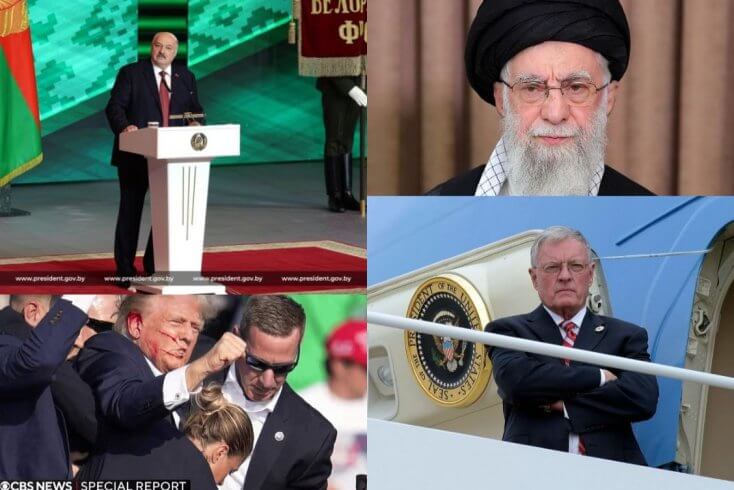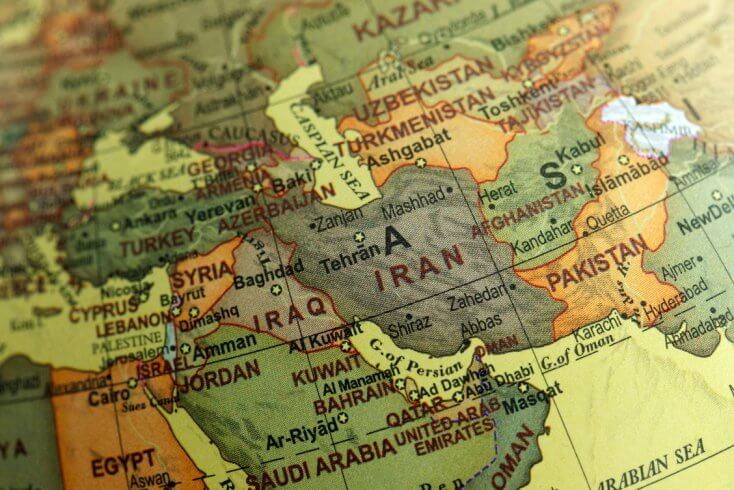
Alaksandar Łukašenka is trying hard to attract international attention to himself with ostentatious political remarks. His speech at the Dubai climate summit was no exception.
The Belarusian ruler met with 16 heads of state and addressed the UN Climate Change Conference’s plenary session on December 1 during his stay in Dubai from November 29 to December 2.
Self-publicist, not environmentalist
Łukašenka has never had a passion for environmental protection.
Minsk has phased out its programs for the rehabilitation of the territories affected by the Chernobyl disaster. Belarusian environmentalists are critical of the government’s lack of effort to preserve wetlands and mitigate deforestation. Łukašenka’s police cracked down on protests by environmentalists in Svietłahorsk and Brest against new polluting industries.
This year, he withdrew Belarus from two important environmental conventions – on access to information and on the protection of wild flora and fauna and natural habitats in Europe. But in Dubai, he pretended to be an environment fighter.
Just before his trip, he held a meeting with officials to discuss possible contacts with the leaders of other countries at the climate summit. Understandably, these meetings were all very brief. Serbian President Aleksandar Vučić, for example, admitted that his meeting with Łukašenka was held “on the fly.”
Otherwise, it would be impossible to hold 16 meetings in one day; no serious negotiations could be held so fast. The short encounters will not have any significant practical economic, financial or military-political implications.
However, the meetings gave much food for propaganda. State media claim that Łukašenka rubs shoulders with foreign leaders despite the opposition’s effort to isolate him.
This is important for Łukašenka because he has to prove constantly to his lieutenants, supporters, ordinary citizens, foreign partners and himself that his international standing is not so bad. With all these meetings, regardless of their practical results, he tries to overcome his inferiority complex as an international outcast.
For the same reason, Łukašenka likes to participate in international forums at the UN, Non-Aligned Movement, Shanghai Cooperation Organization, Organization for Security and Cooperation in Europe, and other bodies. These events give him a rare opportunity to address broader international audiences. The Dubai Climate Forum, in particular, was attended by delegations from more than 150 countries and some 90 heads of state.
Usual anti-Western tirades
The Belarusian ruler’s fiery anti-Western rhetoric has reached new heights and has become the key element of Minsk’s foreign policy in the last three years. Wherever he speaks, he tries to pit his audience against the West, portraying it as the main enemy of humanity.
His position is in line with Russia’s narratives. In a fierce confrontation with the democratic world, Moscow is struggling to create a broad anti-Western coalition of the Global South, using anti-colonial rhetoric, and Minsk is playing along.
Lukashenka likes to be at the center of international attention. His ambitions are too big for Belarus, and he wants to rule the world.
The Belarusian ruler is trying to establish himself internationally with his incendiary remarks, showing off his cantankerous character. Disputes are his trademark, an integral part of his political image.
Naturally, he used his speech at the summit to attack the West. His aggressive style went off the scale. He said that the West was to blame for all of the world’s climate problems, claiming that it spends trillions of dollars on wars instead of environmental protection. He accused Western countries of “unleashing and waging the worst war on the planet,” apparently referring to the Russian war against Ukraine, which Moscow actually started in alliance with Belarus.
He said the West should pay for climate change, noting that “of pollution on the planet comes from the 20 leading countries. Mister chairman, instead of concern let’s use the declaration to write down our demand for them to at least halve their atmospheric emissions. We will not do it. Why have we gathered then?”
In wrong weight category
Łukašenka is trying to woo the Global South with populism. He has long tried to cast himself as a defender of the peoples of Asia, Africa, and Latin America against injustices of the West.
He did so in the past, too. At the UN summit in 2006, for example, he lashed out at the West and later boasted of his foreign policy triumph, “Well, we got Americans there, but for a reason, and it’s good! I couldn’t leave the room at the time. I don’t know these people, who they were, politicians, diplomats, they wouldn’t let me leave, they shook my hand, ‘Thank you, well done for saying it honestly.’ Because it was concise and to the point, and such a position is respected”.
However, Łukašenka’s global leadership aspirations are not realistic because Belarus is simply not a global power. Besides, the countries of the Global South are different, and they are wary of antagonizing the West, which is more important to them than Russia, let alone Belarus.



